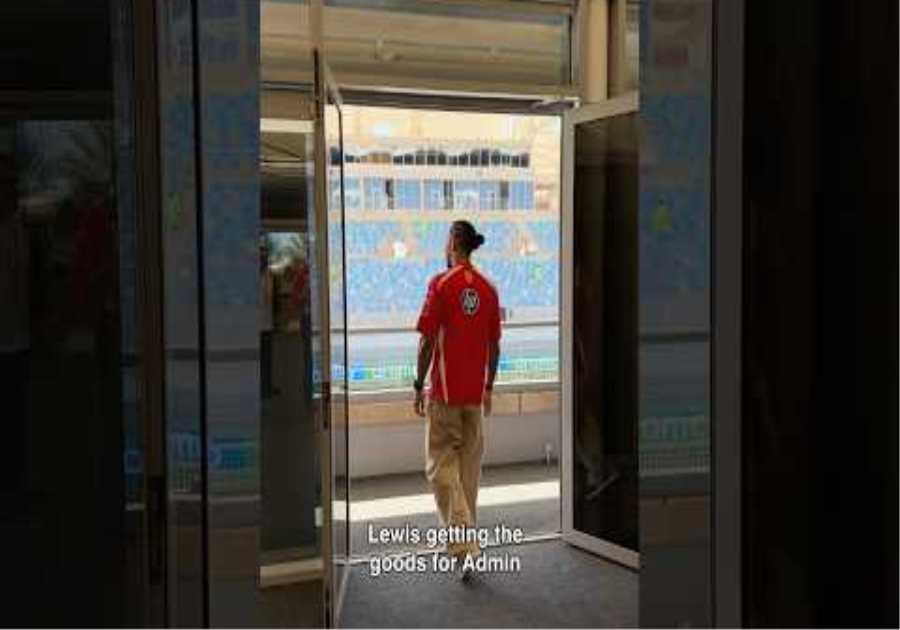
Red Bull Racing were awarded both financial a sporting penalties following their accepted breach of the new Formula One spending restrictions and Christian Horner now reveals it is beginning to hurt.
The FIA introduced a handicapping system for aero testing in 2021 in an attempt to level the playing field. The principle was simple, the team leading the championship at the end of June would receive less testing time than the team in second which in turn received less than the team in third and so on.
Red Bull get 364 fewer wind tunnel runs than Mercedes
Without their penalty, as the team leading the constructors’ table in 2022 Red Bull racing should’ve received 1456 wind tunnel runs for the following 12 months.
Mercedes were set to get 1664 runs over the same 12 month period.
Of course with the aero testing penalty applied Red Bull now only get 1300 runs and Christian Horner tells the Racer publication it is beginning to hurt
“We’re probably 25% almost of the way through that penalty, and of course it has an effect,” said the Red Bull team boss.
More focus required
“It’s limiting significantly, the amount of runs that we can do in our wind tunnel over each quarter. And I think that the team are they’re having to adapt to that. And it just means you have to be a bit more focused, and more disciplined in what we put through the testing process within the tunnel or within our simulation tools.
“So it’s another challenge. And it’s a handicap for sure, coming into this year, but we’ve got very capable people that are looking to obviously extract the best that we possibly can and apply ourselves in the most efficient and effective way.”
Despite opposing the FIA cost cap and aero testing restrictions early doors, Christian Horner had a change of heart.
“I think the principle of it is great and it’s driven efficiency. If I look at the business now, compared to where it was four or five years ago, we’d have ended up with a lot of stock of spare parts that were brand new that had never been used, and then they’re just scrap . And so now you just can’t afford to have that. You’ve got to be so effective and efficient.
Red Bull F1 now more efficient
“So I think from that point of view, it has driven great efficiency into the business. It’s got rid of that wastage that was there that nobody saw previously.
Red Bull Racing are known for their ability to manage change as well if not better than the rest of the F1 grid. The team’s in season car development is legendary and so having forced change upon them which restricts the resources available to the team is simply another variation of the challenge.
Horner believes the regulations need to be developed further and that the disparity between the chassis and engine restrictions is too wide.
“I think that the regulations are still very immature, they’re only in their second year. So they’re still evolving, and being tuned and as they’re being introduced into the power unit side of the business as well – I think principally, it’s a good thing for Formula 1, and it does create a more level playing field – I think there’s certain elements that still need to be tuned.
Horner calls for less spending on F1 engines
“At the moment, we’re seeing a discrepancy between chassis financial regs and engine financial regs that on the chassis side, they can have a Christmas party, on the power unit side, they can’t! So there’s certain things that I think need balancing up so there’s a consistency across those caps. But I think on the whole, it’s a very positive thing.
“I think that perhaps there is still too much weight put upon them in that we’re still designing very expensive engines and very expensive cars, because the technical regs drive you towards that. And I think the technical and sporting regs, I think particularly on the chassis for 2026, we need to look more at the cost drivers which are driven through those technical regs, which will then in turn put less pressure on the budget cap itself.”
Red Bull Racing clearly suffered from the financial blitzkrieg Daimler Benz undertook in designing and building the Mercedes AMG F1 new V6 turbo hybrid power unit which swept all before it.
So it’s no wonder that Christian Horner is now an advocate of enforced spending limits and ahead of the 2026 new power unit regulations sees it vital a spending cap is enforced there too.
READ MORE: New Ferrari boss set to ignore driver contracts






